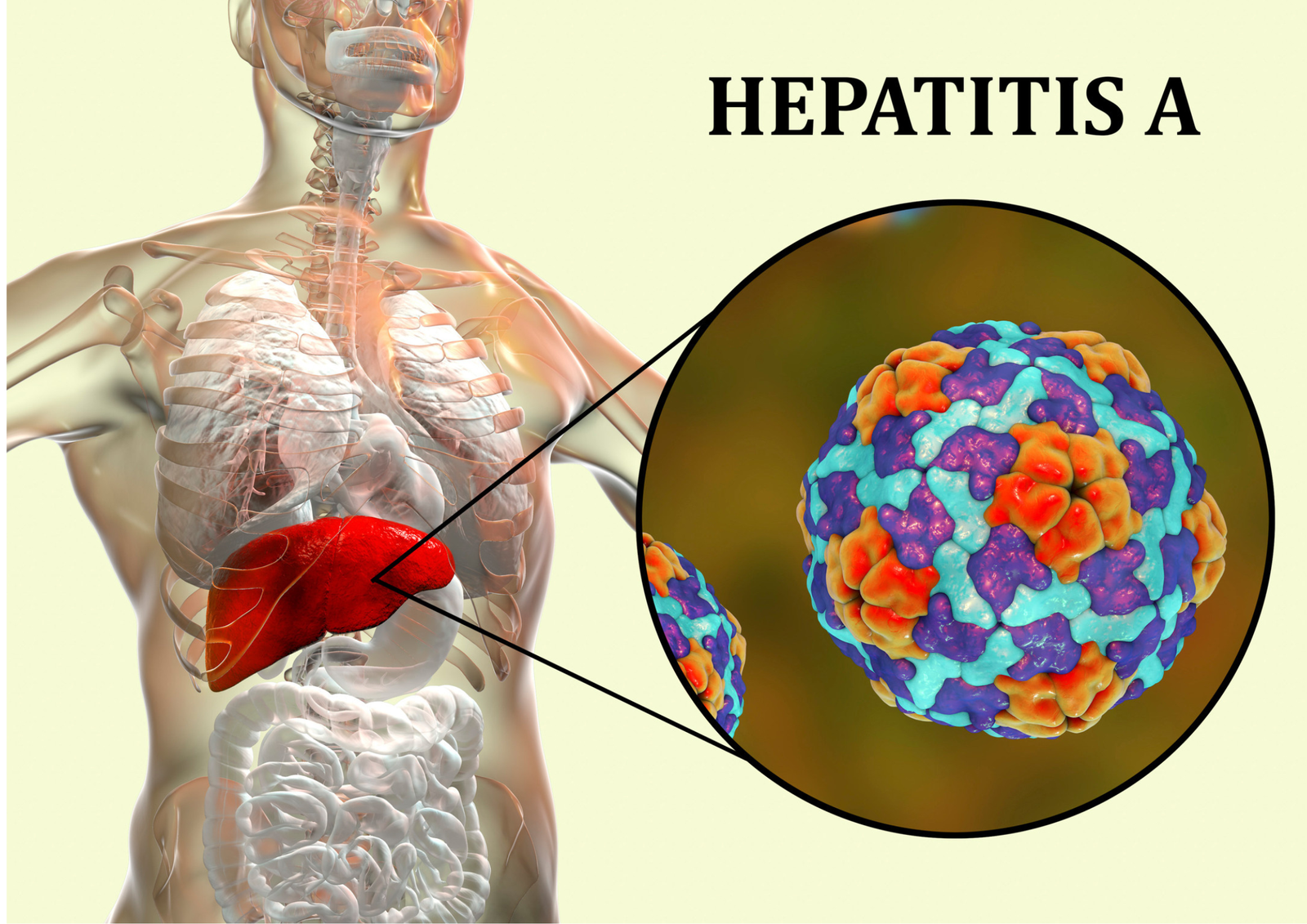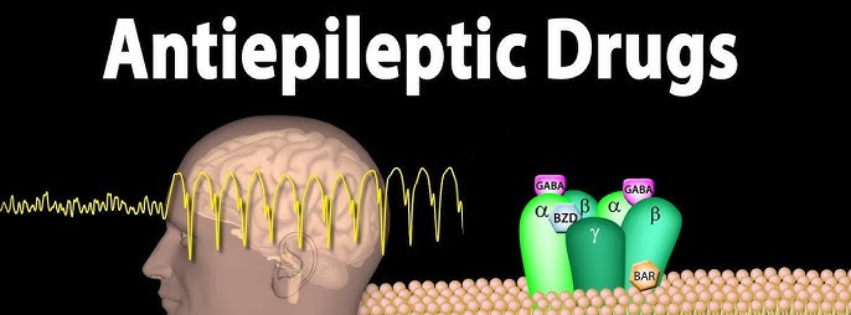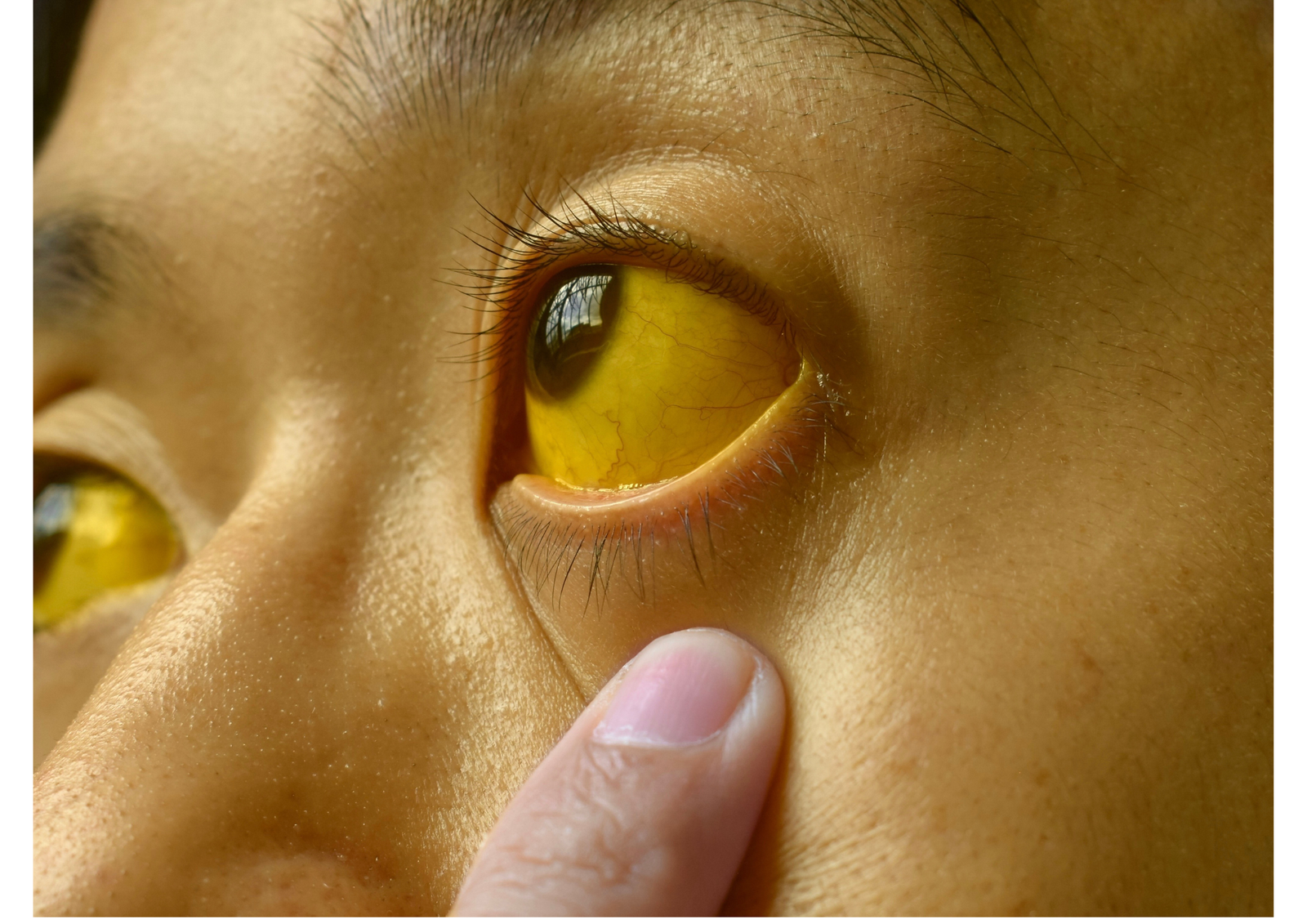
Understanding Hepatitis: Types, Causes, Symptoms, and Treatments
Introduction:
Inflammation of the liver is referred to as hepatitis. An essential organ, the liver filters blood, breaks down nutrients, and combats infections. Its ability to function can be severely compromised when it is inflamed.Hepatitis may resolve on idamaged, its ability to function can be severely affected..Hepatitis may resolve on its own or develop into cirrhosis, liver cancer, or fibrosis (scarring). Hepatitis is the term for inflammation of the liver.An essential organ, the liver filters blood, breaks down nutrients, and combats infections. Dats own or develop into cirrhosis, liver cancer, or fibrosis (scarring).Globally, millions of people live with hepatitis, and many are unaware of their infection. Understanding hepatitis is crucial for prevention, early diagnosis, and effective treatment.
What is Hepatitis?
Hepatitis simply means inflammation of the liver tissue. The most common cause of hepatitis is viral infection, but it can also occur due to other factors like excessive alcohol consumption, toxins, certain medications, autoimmune diseases, and non-alcoholic fatty liver disease (NAFLD).
Types of Hepatitis
Hepatitis is classified mainly into five types caused by specific viruses: A, B, C, D, and E. Each has different modes of transmission, severity, and impact.
1. Hepatitis A (HAV)
- Cause: Hepatitis A virus.
- Transmission: Primarily by consuming tainted food or drink (oral-fecal pathway).
- Nature: Acute infection, does not cause chronic liver disease.
- Recovery: Within a few weeks to months, the majority of patients totally recover.
- Prevention: Good hygiene, clean drinking water, vaccination.
2. Hepatitis B (HBV)
- Cause: Hepatitis B virus.
- Transmission: Contact with infected blood or body fluids; through unprotected sex, sharing needles, from mother to baby during childbirth.
- Nature: Can be acute or chronic. Liver cancer and cirrhosis can result from a persistent infection.
- Prevention: Avoiding needle sharing, being vaccinated, and practicing safe sexual behavior.
3. Hepatitis C (HCV)
- Cause: Hepatitis C virus.
- Transmission: Mainly through contact with infected blood; commonly through sharing needles, unsterile medical equipment, or blood transfusions (before widespread screening).
- Nature: Mostly results in persistent infection; it is a major contributor to liver cirrhosis and liver cancer.
- Prevention: No vaccine yet; preventive measures focus on avoiding blood exposure.
4. Hepatitis D (HDV)
- Cause: Hepatitis D virus.
- Transmission: Requires HBV for replication; occurs as a co-infection or superinfection with HBV.
- Nature: Can cause more severe complications than HBV alone.
- Prevention: Preventing HBV infection through vaccination indirectly prevents HDV.
5. Hepatitis E (HEV)
- Cause: Hepatitis E virus.
- Transmission: Similar to HAV; through contaminated water.
- Nature: Usually self-limiting, but dangerous in pregnant women as it can lead to acute liver failure.
- Prevention: Improved sanitation, safe drinking water.
Other Forms of Hepatitis
Apart from viral hepatitis, there are other types:
- Alcoholic Hepatitis: Caused by consuming too much alcohol.
- Autoimmune Hepatitis: Liver cells are attacked by the body’s immune system.
- Non-alcoholic steatohepatitis:One severe type of non-alcoholic fatty liver disease is non-alcoholic steatohepatitis (NASH).
- Drug-Induced Hepatitis: Due to toxic effects of certain medications or herbs.
Common Causes of Hepatitis
- Viruses: Major cause worldwide.
- Alcohol Abuse: Chronic drinking damages liver cells.
- Medications/Toxins: Overdose of drugs like acetaminophen (paracetamol), certain antibiotics, or exposure to chemicals.
- Autoimmune Response: Immune system attacks the liver.
- Metabolic Disorders: NAFLD or Wilson’s disease.
Signs and Symptoms
The kind and stage of hepatitis determine the type and severity of symptoms. Some may remain asymptomatic, especially in the early stages.
Common symptoms include:
- Fatigue and weakness
- Loss of appetite
- Nausea and vomiting
- Pain in abdomen(especially in the upper right side)
- Dark urine
- Pale stool
- Yellowing of skin and eyes (jaundice)
- Fever
- Joint pain (more common in HBV)
Chronic hepatitis often stays silent for years until complications like cirrhosis develop.
Complications
Untreated or Inadequately managed hepatitis can lead to:
- Chronic liver disease
- Fibrosis (scarring of liver tissue)
- Cirrhosis (severe scarring leading to liver failure)
- Liver cancer (hepatocellular carcinoma)
- Liver failure (requiring transplant)
Diagnosis
Early detection is key. Diagnosis involves:
Medical History and Physical Exam:
- History of risk factors (travel, drug use, sexual practices, alcohol intake)
- Exam for jaundice, liver enlargement.
Blood Tests:
- Liver function tests (LFTs) to check enzyme levels (ALT, AST).
- Serological tests to identify specific hepatitis viruses and antibodies.
- Viral load tests (e.g., HBV DNA, HCV RNA).
Imaging:
- Ultrasound, CT scan, or MRI to assess liver structure and detect complications.
Liver Biopsy:
- Sometimes needed to assess the extent of liver damage.
Treatment
Treatment depends on the type and severity.
Hepatitis A & E
- Usually self-limiting.
- Supportive care: rest, hydration, proper nutrition.
- Avoid alcohol and hepatotoxic drugs.
Hepatitis B
- Acute HBV: Often clears on its own; supportive care.
- Chronic HBV: May require antiviral medications like Tenofovir, Entecavir to suppress the virus.
- Regular monitoring to check for liver damage and cancer.
Hepatitis C
- Curable with modern direct-acting antivirals (DAAs) like Sofosbuvir, Ledipasvir, Velpatasvir.
- Treatment duration is usually 8–12 weeks with a high cure rate.
- Liver function monitoring is essential.
Hepatitis D
- No specific treatment; focus is on controlling HBV with antivirals.
- Interferon therapy may help in some cases.
Non-viral Hepatitis
- Alcoholic Hepatitis: Stop alcohol completely, nutritional support, corticosteroids in severe cases.
- Autoimmune Hepatitis: Immunosuppressive drugs like corticosteroids (Prednisone) and Azathioprine.
- Drug-Induced: Stop the offending drug immediately.
Prevention
- Vaccination
- Vaccines available for Hepatitis A and B.
- HBV vaccine also protects against HDV indirectly.
- No vaccines for HCV and HEV (except in some countries for HEV).
- Hygiene & Sanitation
- Safe drinking water, proper sewage disposal.
- Good handwashing practices.
- Avoid raw or undercooked food in endemic areas.
- Safe Practices
- Use sterilized needles.
- Safe sex practices.
- Blood screening before transfusions.
- Use of protective equipment by healthcare workers.
- Avoid Alcohol
- Reduces the risk of alcoholic hepatitis and liver damage.
- Healthy Lifestyle
- Maintain healthy weight.
- Exercise regularly.
- Manage diabetes and cholesterol.
Living with Chronic Hepatitis
Being diagnosed with chronic hepatitis can be stressful, but many people live normal lives with proper care:
- Follow treatment plans.
- Regular liver function monitoring.
- Abstain from alcohol.
- Eat a liver-friendly diet: low-fat, balanced diet with plenty of fruits and vegetables.
- Vaccinate against other forms (e.g., get HAV and HBV vaccines if you have HCV).
- Regular screening for liver cancer if you have cirrhosis.
Hepatitis and Ayurveda
Ayurveda, the ancient Indian system of medicine, focuses on balancing the body’s doshas (Vata, Pitta, Kapha). In Ayurveda, liver disorders fall under YakritRoga.
Common Ayurvedic Herbs for Liver Health:
- BhumiAmla (Phyllanthusniruri): Traditionally used for viral hepatitis.
- Kalmegh (Andrographispaniculata): Known for hepatoprotective action.
- Kutki (Picrorhizakurroa): Detoxifies the liver.
- Guduchi (Tinosporacordifolia): Boosts immunity and supports liver function.
- Punarnava (Boerhaviadiffusa): Helps in liver detoxification.
Ayurvedic Approach:
- Focuses on detoxification (Panchakarma).
- Diet modifications (light, easily digestible food, avoiding alcohol, spicy food).
- Herbal decoctions.
- Lifestyle recommendations: stress management, yoga, pranayama.
Important Note: Always consult an Ayurvedic practitioner before using herbs, especially alongside conventional medicine.
Conclusion
Although hepatitis is a worldwide health concern, it is mainly avoidable and treatable.. Vaccination, safe hygiene, responsible behaviors, and early diagnosis save lives. With advances in medicine, especially antiviral therapies, millions have been cured of hepatitis C and live well with hepatitis B.
Awareness, testing, and treatment adherence are the keys to overcoming hepatitis and its complications. Integrating modern medicine with holistic care and healthy lifestyle choices can support liver health and overall well-being.
Key Takeaways
Hepatitis = Liver inflammation.
✅ Major causes: viruses (HAV, HBV, HCV, HDV, HEV), alcohol, drugs, autoimmune conditions.
✅Numerous types can be avoided with immunization, good cleanliness, and safe practices.
✅ Treatments are quite effective, particularly for Hepatitis B and C.
✅ Liver cancer and cirrhosis can be avoided with early identification.
✅ Ayurveda and lifestyle changes can support contemporary treatment.
Get more information click here.
If you want to 100% ayurvedic medicine. click here




